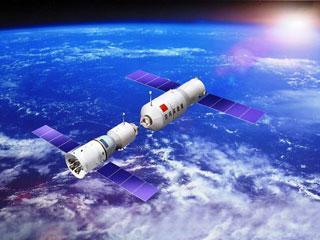
An artistic illustration of China's first space station module Tiangong-1. The Shenzhou-9 spacecraft carrying three astronauts is set to dock with the space lab.
BANGALORE (PTI): India's top space scientists have praised China's maiden mission of manned docking of its space lab even as New Delhi's own human space flight programme seems to have lost momentum.
"It's a wonderful thing that has happened," ex-Chairman of Indian Space Research Organisation, U R Rao told PTI here.
"Essentially, they are making sure that they are going ahead systematically with manned mission programme".
China on Saturday launched its longest and heaviest rocket to send its first woman astronaut in space as part of a three-member team to conduct maiden manned docking with its space lab being built to rival Russia's Mir International Space Station.
Another former ISRO Chairman, G Madhavan Nair said China is marching forward in manned space programme with a lot of aggression.
ISRO first formally mooted the proposal on human space flight programme after about 80 senior scientists from across the country participated in a meeting to discuss the issues related to Indian manned space mission in 2006.
The country's premier space agency had carried studies for four years before that to examine the technological challenges of a manned space mission and its capability to undertake such a mission, estimated to cost around Rs 12,000 crore spread over eight years.
Back-to-back failure of India's Geosynchronous Space Launch Vehicle (GSLV) -- one with home-grown cryogenic engine and another Russian one -- in 2010, put brakes on India's proposed human space flight, which ISRO was eyeing in 2008-09 to undertake it in the 2015-16 time-frame.
ISRO officials in private now say they do not expect such a mission before 2020.
Rao, meanwhile, also said China's defence and space programmes have lot of synergy. "Their largest missile has a 13,000 km reach. They can practically reach anybody on the earth".
He said India has not started any manned mission programme at all. "We have to have much larger and much more powerful launch vehicle," Rao said.
Nair was more forthright. Despite the failure of twin GSLV missions, he said ISRO should have taken up the human space programme parallel with other space programmes.
"We had picked up momentum after the Chandrayaan mission. Precious three years have been lost. As far as India is concerned, we have missed a great opportunity. By this time, we would have gone half-way through," Nair said.
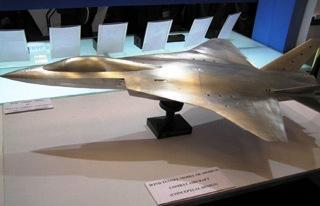 Previous Article
Previous Article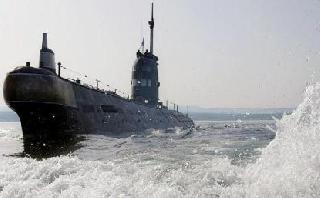 Next Article
Next Article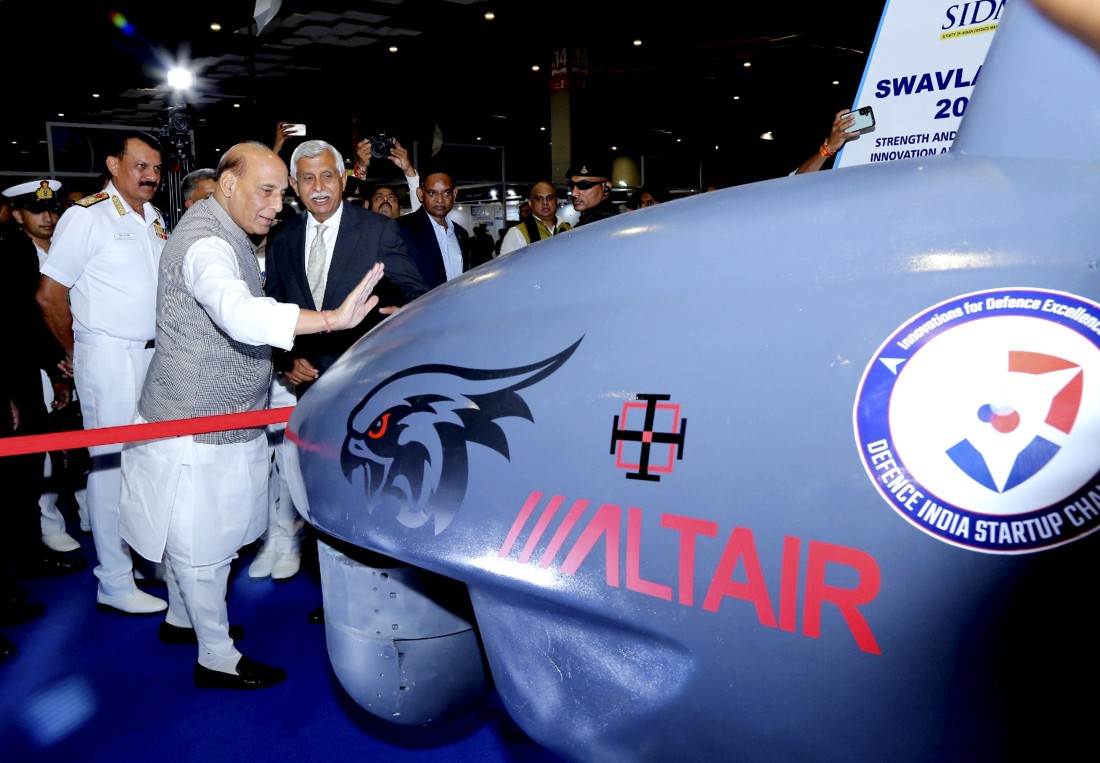
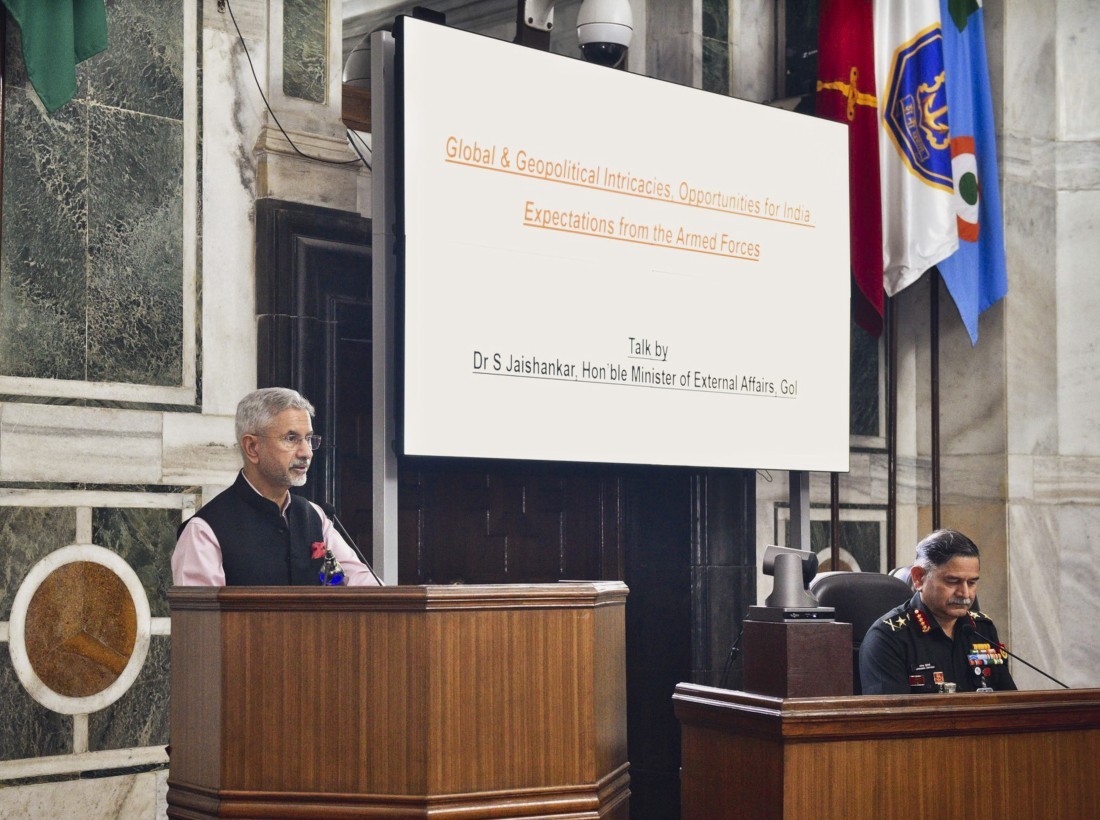
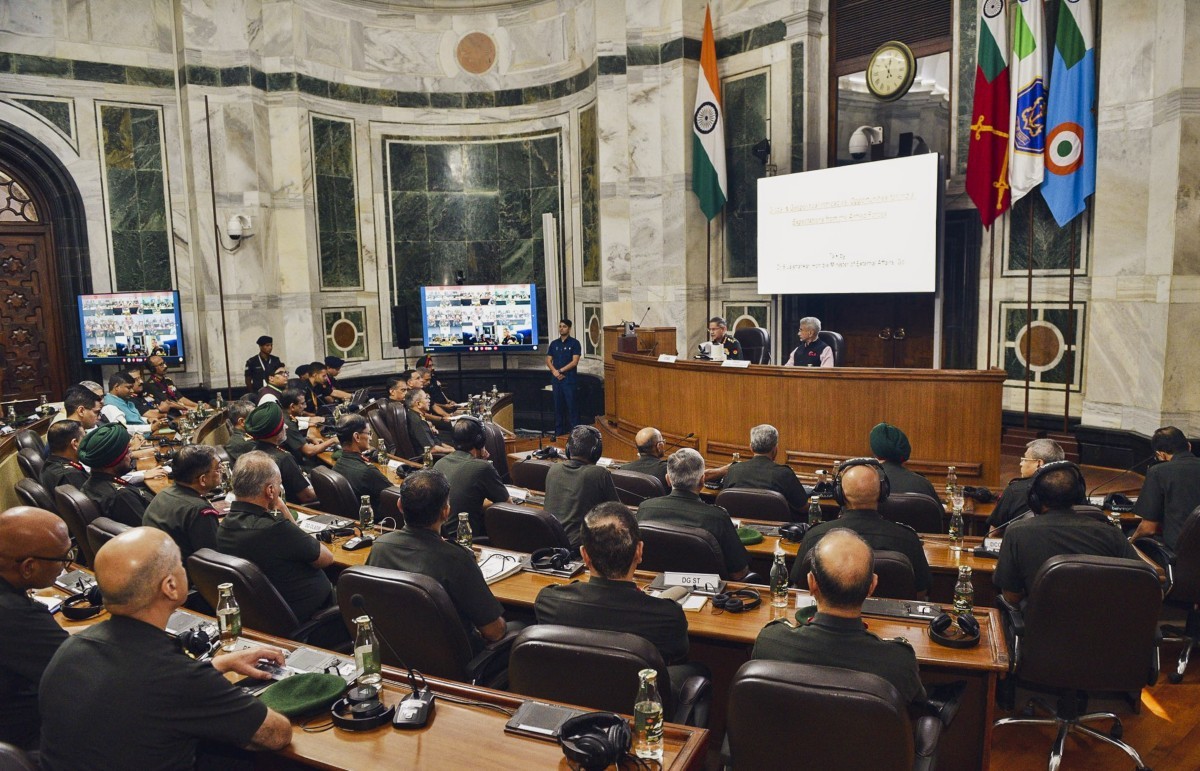
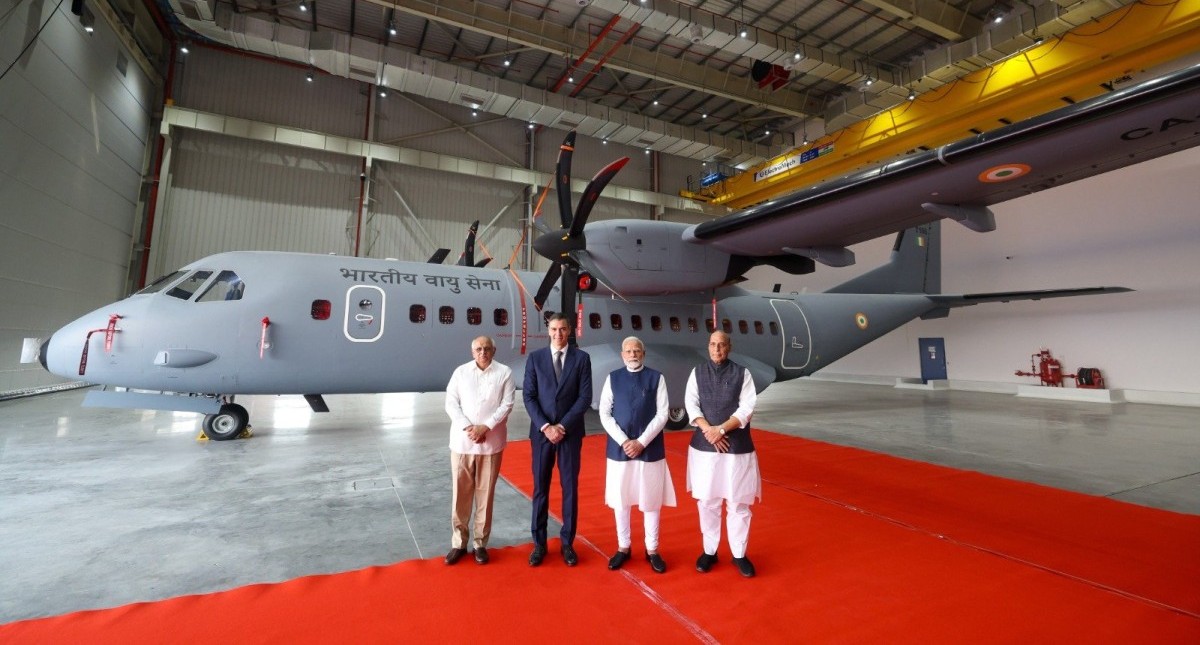

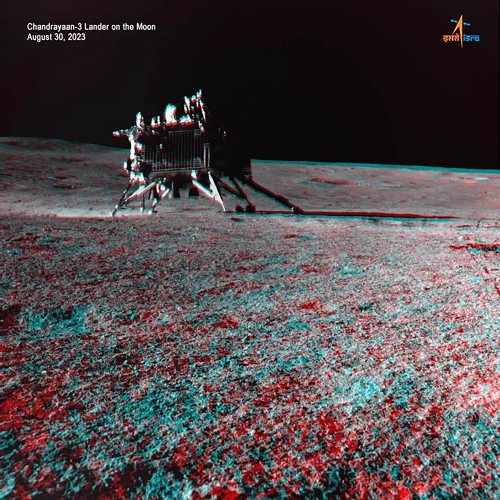
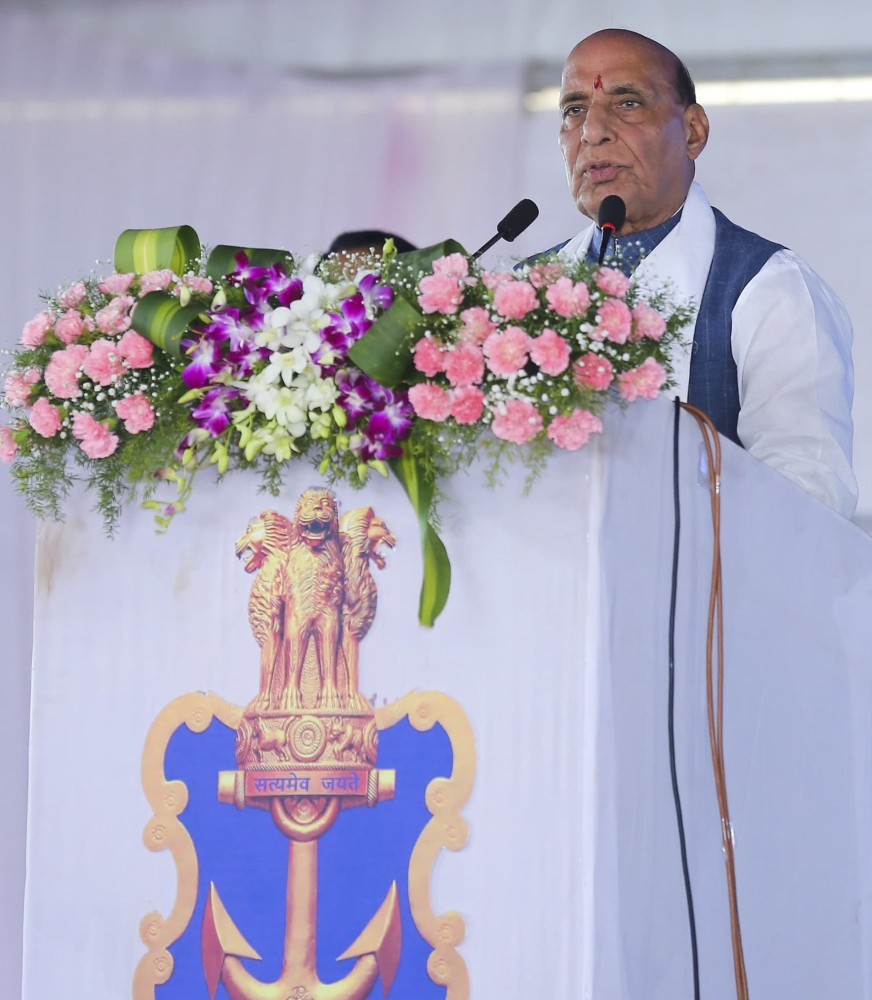






The Indian Air Force, in its flight trials evaluation report submitted before the Defence Ministry l..
view articleAn insight into the Medium Multi-Role Combat Aircraft competition...
view articleSky enthusiasts can now spot the International Space Station (ISS) commanded by Indian-American astr..
view article